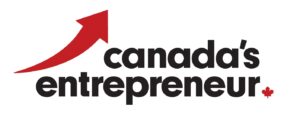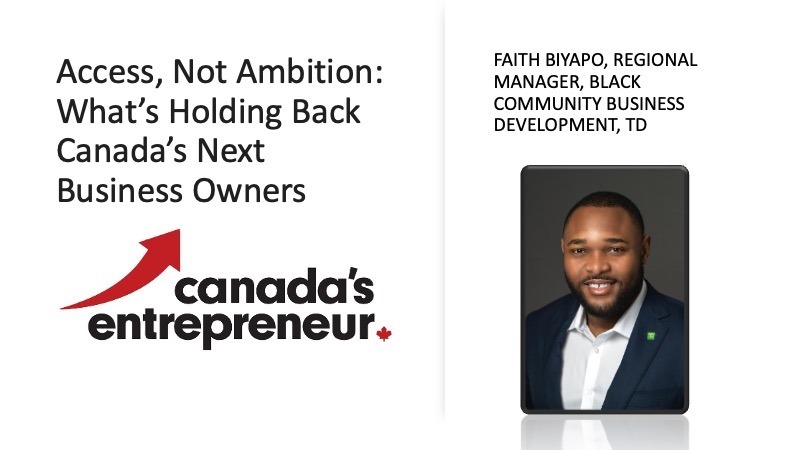Canadian small businesses could unlock almost $5 billion in financial relief if seven workers’ compensation boards (WCBs) return surplus employer funds currently sitting above their own contingency thresholds, according to a new Canadian Federation of Independent Business (CFIB)’s research snapshot.
Boards in British Columbia, Manitoba, New Brunswick, Newfoundland and Labrador, Prince Edward Island, Quebec and the Yukon are in an overfunded position. For a typical small business with five employees, rebates could total over $4,800 in New Brunswick, $3,631 in British Columbia, and $3,652 in Yukon, said Canada’s largest association of small and medium-sized businesses with 100,000 members across every industry and region.

Bradlee Whidden
“While strong funding is essential to support injured workers, it’s not fair when boards hoard billions in surplus funds – that by their own definitions are above and beyond the high end of their contingency thresholds – without a clear plan to return them to businesses who pay directly into WCBs,” said Bradlee Whidden, CFIB’s senior policy analyst for Western Canada and snapshot co-author.
“At a time when small firms are facing high costs and significant economic uncertainty, a direct rebate would provide immediate cost relief, allowing business owners to invest in workplace safety, increase wages and benefits, or hire more staff.”
Eight out of 12 boards have a policy to return funds to employers ─ Yukon, Northwest Territories/Nunavut, Alberta, Manitoba, Ontario, New Brunswick, Prince Edward Island, and Newfoundland and Labrador, said the CFIB.
CFIB urges governments to follow Ontario’s precedent
In 2024, several boards returned surplus funds to employers. Manitoba returned $115 million in 2024 and Yukon $10 million. In 2025, New Brunswick is returning $53 million in surplus funds, while Ontario and Manitoba have returned $4 billion and $122 million, respectively. Ontario remains the only province to legislate the return of WCB surplus funds to employers, including mandatory rebates when the Workplace Safety and Insurance Board (WSIB)’s funding level is at least 125%, said the CFIB.

To ensure fairness and maintain trust between businesses and the boards, CFIB said it recommends that workers’ compensation boards across Canada:
- Return surplus funds to employers or lower employer premiums where the funding ratio exceeds the board’s funding target;
- Legislate the return of WCB surplus funds to eligible employers;
- Implement mandatory distribution policies, so surplus funds are returned on a regular basis;
- Enhance WCB transparency and accessibility by setting dates to publicly release board funding levels;
- Additionally, CFIB recommends that WorkSafeBC, and other jurisdictions reviewing similar policies, align its treatment of tips and gratuities with the federal approach, counting only employer-controlled tips as assessable payroll for WCB purposes.

Kalith Nanayakkara
“Small businesses need predictability. Returning rebates to eligible employers would come at no cost to taxpayers, and it wouldn’t jeopardize the boards’ funding positions. We urge governments to follow Ontario’s lead and come up with a clear, predictable plan to return employer-funded surpluses to those who paid them,” said Kalith Nanayakkara, CFIB’s senior policy analyst for BC and snapshot co-author.

Mario Toneguzzi
Mario Toneguzzi is Managing Editor of Canada’s Entrepreneur. He has more than 40 years of experience as a daily newspaper writer, columnist, and editor. He was named in 2021 and 2024 as one of the top business journalists in the world by PR News. He was also named by RETHINK to its global list of Top Retail Experts 2024 and 2025.
About Us
Canada’s Entrepreneur is the number one community media platform in Canada for entrepreneurs and business owners. Established in 2016, our podcast team has interviewed over 800 Canadian entrepreneurs from coast-to-coast. With hosts in each province, entrepreneurs have a local and national format to tell their stories, talk about their journey and provide inspiration for anyone starting their entrepreneurial journey and well- established founders.
The commitment to a grass roots approach has built a loyal audience on all our social channels and YouTube – 500,000+ lifetime YouTube views, 250,000 + audio downloads, 50,000 + average monthly social impressions, 15,000 + engaged social followers and 120,000 newsletter subscribers. Canada’s Entrepreneur is proud to provide a local, national and international presence for Canadian entrepreneurs to build their brand and tell their story





